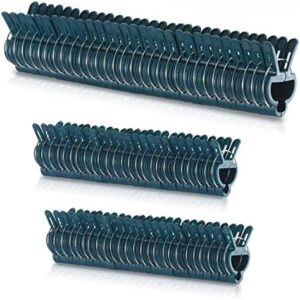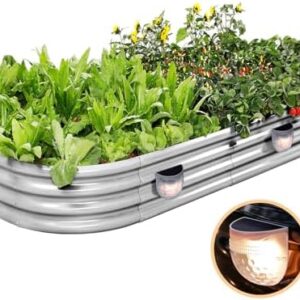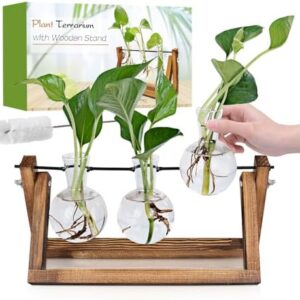Pests are a common problem that many homeowners face. From ants and roaches to spiders and rodents, these unwelcome guests can quickly become a nuisance in our homes. While traditional pest control methods often involve the use of harsh chemicals that can be harmful to both humans and the environment, there are also plenty of eco-friendly alternatives that can help keep pests at bay without putting our health at risk.
One of the simplest and most effective eco-friendly pest control methods is to keep a clean and tidy home. Pests are drawn to crumbs, spills, and clutter, so by regularly cleaning and organizing your living space, you can help prevent them from taking up residence. Be sure to sweep, mop, and vacuum regularly, and always clean up spills and messes promptly. Additionally, make sure to store food in airtight containers and take out the trash regularly to avoid attracting pests.
Another natural alternative for keeping pests away is to use essential oils. Many essential oils, such as peppermint, lavender, and eucalyptus, are known for their pest-repellent properties. Simply mix a few drops of your chosen oil with water in a spray bottle and use it to spray around doors, windows, and other entry points to deter pests. You can also add a few drops of essential oil to cotton balls and place them in areas where pests are likely to enter, such as under sinks and near windows.
If you have a problem with ants, one eco-friendly solution is to sprinkle cinnamon or cayenne pepper around entry points to create a barrier that ants won’t want to cross. You can also try mixing equal parts of vinegar and water in a spray bottle and using it to clean countertops, floors, and other surfaces to deter ants. Another option is to sprinkle diatomaceous earth, a natural substance made from fossilized remains of aquatic organisms, around ant trails to kill them naturally.
For those dealing with a cockroach infestation, boric acid is a natural and effective pest control option. Simply sprinkle a thin layer of boric acid powder in areas where cockroaches are likely to hide, such as behind appliances, under sinks, and in cabinets. The cockroaches will walk through the powder and ingest it, ultimately leading to their demise. Just be sure to keep pets and children away from boric acid, as it can be harmful if ingested.
If you’re struggling with a spider problem, one eco-friendly solution is to introduce natural predators into your home. Spiders are natural predators of many common household pests, so by encouraging spiders to take up residence in your home, you can help keep other pests under control. You can also try placing chestnuts around entry points to deter spiders, as they are said to emit a scent that spiders find unpleasant.
Rodents are another common pest that many homeowners have to contend with. To keep rodents at bay without using harmful chemicals, try using peppermint oil. Rodents are known to dislike the scent of peppermint, so by soaking cotton balls in peppermint oil and placing them in areas where rodents are likely to enter, you can help deter them. You can also try using steel wool to fill in any cracks or holes in your home that rodents could use to gain entry.
In addition to these natural pest control methods, there are also several eco-friendly pest control products on the market that can help keep pests at bay without harming the environment. Look for products that are made from natural ingredients and are free of harsh chemicals. Many eco-friendly pest control products use ingredients like essential oils, plant extracts, and minerals to effectively repel pests without posing a risk to your health or the environment.
By adopting eco-friendly pest control methods and products, you can help keep pests out of your home while also protecting your health and the environment. Remember that prevention is key when it comes to pest control, so be proactive about keeping your home clean and tidy to deter pests from taking up residence. And when pest problems do arise, opt for natural alternatives that are safe for you, your family, and the planet. With a little effort and creativity, you can keep your home pest-free in a way that is healthy and sustainable for all.






